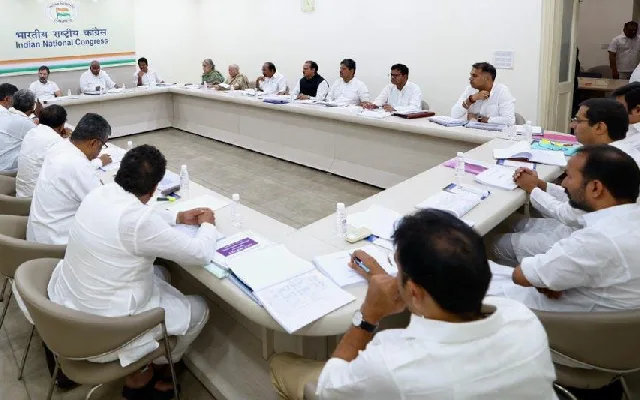

Noise is an unwanted unpleasant sound that causes disturbance to the listener. Every day, we hear various sounds in our environment, like noises of television and radio, household appliances, moving traffic etc. Normally, these sounds are at safe levels that don’t harm our hearing. But sounds can be harmful when they are too loud, even for a short time, or when they are both loud and for a longer time. These sounds can damage sensitive parts in the inner portion of the ear and cause hearing loss which is called noise-induced hearing loss. Noise exposure can cause two kinds of health effects which are called non-auditory effects and auditory effects. Non-auditory effects include stress, sleep disturbance, cardiovascular disease, high blood pressure, annoyance leading to psychological issues, headache and anxiety. Auditory effects include hearing impairment resulting from excessive noise exposure.
Noise can cause temporary or permanent hearing loss. Immediately after exposure to loud noise, there is an increase in the minimum level that one can hear compared to that observed before exposure. If no further exposure to high-level noise occurs, there is a gradual recovery of hearing ability. This is called temporary hearing loss (temporary threshold shift). But repeated exposures to loud noise for a longer time will lead to permanent hearing loss (permanent threshold shift). This permanent hearing loss depends on noise level and the pattern of exposure and recovery time.
Broadly speaking, noise pollution has two sources, i.e. industrial and non-industrial. The industrial source includes noise from various industries and big machines working at a very high speed and loudness. Non- industrial source of noise can be either natural or man-made such as noise from road traffic, aircraft, railroads, construction, recreational activities, social gatherings and household equipment like vacuum cleaners and some kitchen appliances.
 Exposure to harmful noise can happen at any age. People of all ages, including children, teenagers, young adults, and older people, can develop noise-induced hearing loss with elder individuals being more susceptible.
Exposure to harmful noise can happen at any age. People of all ages, including children, teenagers, young adults, and older people, can develop noise-induced hearing loss with elder individuals being more susceptible.
Symptoms of noise-induced hearing loss!!
The damage from noise exposure is usually gradual, or you might ignore the signs of hearing loss until they become more pronounced. The symptoms may manifest as
- Difficulty in understanding speech.
- Difficulty in hearing high pitched sounds.
- Listening to speech seems to be muffled or far away.
- Ringing, buzzing, or roaring sensation in the ears or head.
What are Ear Protective Devices?
These are devices worn to reduce (not eliminate) the level of sound entering the ear. Different types of ear protective devices include Foam plugs, moulded plugs, earmuffs & canal caps/semi-insert plugs.






Can noise-induced hearing loss be prevented?
It is a completely preventable loss.
- Know which noises can cause damage.
- Wear ear protective devices when involved in a loud activity.
- If you can’t reduce the noise or protect yourself from it, move away from it.
- Take breaks from the noise.
- Turn down the volume, when listening to music through headphones.
- Protect the children’s ears who are too young to protect their own.
- Frequent visits to an audiology clinic.
Few tips to control noise
- Turn down the volume of TV, radio or music.
- Closing the windows to avoid unwanted noise entering the house or building.
- Use of barriers such as fence & planting trees which will absorb the sound.
- Lubrication and better maintenance of machines.
- Use of sound-absorbing materials like rubber mats, curtains, carpets & double-pane windows to reduce noise at home and at work.
- Don’t use several noisy machines at the same time.
- Declaring a “no horn zone” in hospital, school and residential areas.

If you or any person is known to you experience blocking sensation in ears or tinnitus or hearing loss or difficulty in understanding speech after brief or long term exposure to noise, contact the Audiologist, undergo a detailed hearing evaluation and get an appropriate solution for your problem.

Jovita Priya Tauro
Audiologist
Department of speech and hearing
Father Muller Medical College Hospital
Jovita Priya Tauro has completed her Bachelor of Audiology and Speech-Language Pathology in 2017 and a Master’s degree in 2019. Currently, she is working as an Audiologist in the Department of Audiology, Father Muller Medical College Hospital. She has her area of interest in Diagnostic Audiology.
















